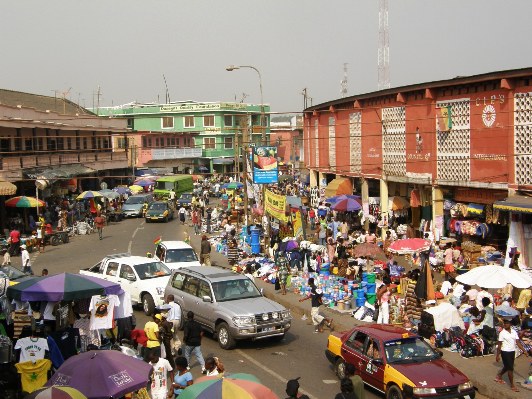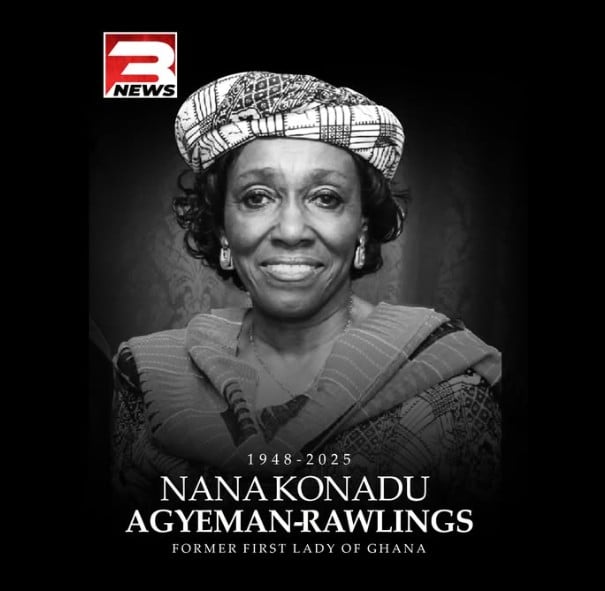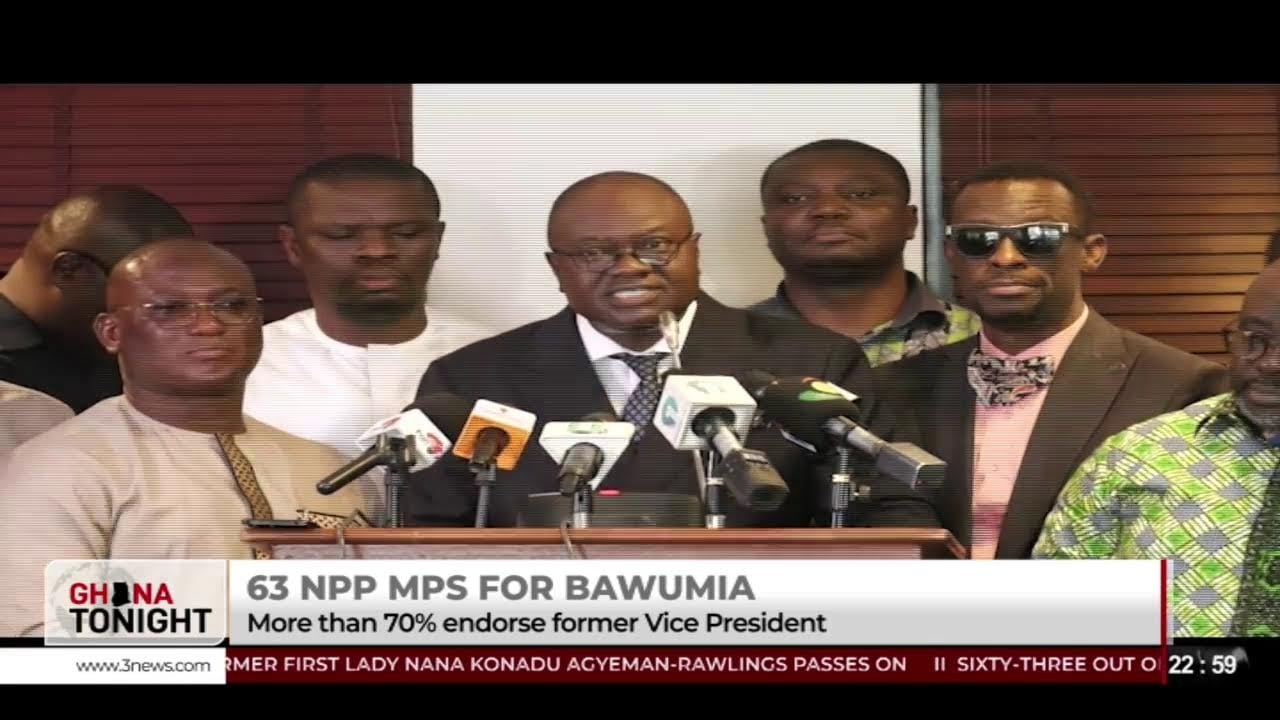
Despite Ghana being touted as a preferred destination for foreign direct investment (FDI), the country’s economic climate has remained a key source of concern for businesses both locally and internationally.
Since 2022, Ghana’s unstable economic situation has forced numerous international corporations to move all or a portion of their operations to other countries.
Notwithstanding the country’s abundance of natural resources and generally stable political climate, several economic difficulties have resulted in the departure of important players in some industries.
The fluctuating value of the Ghanaian cedi is one of the main factors behind the enterprises leaving.
Also, Cedi’s depreciation has significantly impacted profit margins, especially for businesses that depend on imports, which have also faced more difficulties as a result, compounding the already high cost of imports and inflation.
Not only has Ghana experienced problems with its currency, but it has also faced energy-related issues, such as regular blackouts, or “Dumsor,” and rising energy bills.
Moreover, the use of expensive alternatives like generators has increased operating costs in addition to impeding industrial operations for businesses.
Amidst these financial challenges, many well-known businesses have decided to stop doing business in Ghana.
They have given a variety of reasons for their decision, including strategic realignment and unfavourable operating circumstances.
The decision to leave not only affects the many jobs generated by the company for young and regular Ghanaians but also its contribution to the country’s Gross Domestic Product (GDP).
These multinational companies, particularly in the consumer sector, have cited high borrowing costs, hefty taxes, soaring inflation, and consistent depreciation of the exchange rate as the major reasons prompting their departure.
Below are seven foreign brands that have left Ghana:
1. Glovo

Glovo has become the latest brand to announce a cessation of its operations in Ghana, effective May 10, 2024.
The company cited a challenging business climate and a lack of profitability.
The business sent an email to its restaurant partners two years ago announcing an investment of roughly €3.5 million ($3.7 million) to expand its operations.
“While we recognise the potential of the Ghana market, building a stronger position in the market and achieving profitability would require substantial investment over an extended period of time”
Read more: Decision to exit Ghana follows reassessment of the company’s investment priorities – Glovo
“This is why we have decided to redirect our resources towards the other 23 countries where Glovo operates, enabling us better serve the millions of customers who use Glovo app every day,” the delivery platform informed clients via email.
Glovo will now focus on other African markets, including those in Morocco, Uganda, Kenya, Côte d’Ivoire, and Nigeria.
2. Nivea

With effect from December 2023, Nivea, a well-known skincare brand in Ghana, discontinued its marketing campaign in the nation.
Nivea also cited Ghana’s high operating costs and taxation, and the skincare product company had to close.
The company further justified the decision, emphasising the necessity to reorganise its business and concentrate on areas where it can generate steady revenue growth.
The move therefore signalled the end of an era for Nivea’s market share in Ghana. Yet again, the nation lost because of the job losses and revenue losses to the state.
3. Jumia Food

In December 2023, Jumia, a Pan-African e-commerce platform, revealed the closure of its food delivery service, Jumia Food.
This decision came after a comprehensive evaluation of market conditions and economic factors across its operational areas, exposing the unsustainable nature of the food delivery business.
Jumia pointed out the need for strategic repositioning due to the significant challenges posed by the current economic environment in the regions where Jumia Food operated.
This decision follows a series of financial setbacks for the company, including a substantial 41.0% year-over-year loss totaling $49.8 million in the fourth quarter of 2022.
4. Unilever Ghana

In March 2024, Unilever Ghana announced the relocation of its tea production operations from Ghana to Nigeria.
The main reason cited by the British multinational corporation was Ghana’s ongoing economic challenges.
Unilever Ghana has a longstanding history of manufacturing its popular Lipton tea in Ghana.

As a major producer of fast-moving consumer goods in Ghana, the company ranks among the largest manufacturers in the country.
It has consistently highlighted certain economic challenges that demand urgent attention from policymakers.
5. Dark and Lovely

Dark and Lovely enjoyed widespread popularity in Ghana before its exit from the market.
The company cited a challenging economic environment as one of the reasons for its departure.
The unexpected move, amidst shifting market dynamics and increased competition, surprised many consumers.
Dark and Lovely’s departure highlighted the rapid changes inherent in the beauty industry.
6. BET365

BET365, a leading global online betting company, surprised many by announcing its withdrawal from the Ghanaian market, leaving behind disappointed betting enthusiasts and signaling the end of an era for loyal users.
The decision to exit Ghana was primarily driven by what the company termed as an unsustainable tax burden imposed by the Ghanaian government, coupled with regulatory hurdles.
These challenges significantly hindered the company’s ability to operate profitably in the country.
Despite attempts to engage authorities in negotiations and explore alternative strategies, BET365 ultimately determined that maintaining operations in Ghana was no longer financially feasible.
The departure of BET365 has sparked a range of reactions from stakeholders within the Ghanaian betting sector.
7. Game

In a surprising move, South Africa’s largest retailer, Game, departed from the Ghanaian market in 2022, leaving many customers stunned.
During the same year, Massmart, the parent company, opted to shut down eight underperforming stores across Africa. Ghana encountered financial challenges in 2023, including a loan default, exacerbating the situation.
Game, renowned as a market leader in electronic appliances in Ghana, had been a prominent presence in the country’s retail sector for over six years, offering a wide range of products from appliances to household essentials.
The closure of Game’s outlets in several Ghanaian malls shed light on the broader challenges faced by African retailers in an evolving industry landscape.
The post How Ghana’s economic climate ‘forced’ these multinational brands out of the country: Glovo, Nivea, Game, etc. first appeared on 3News.
Read Full Story





















Facebook
Twitter
Pinterest
Instagram
Google+
YouTube
LinkedIn
RSS